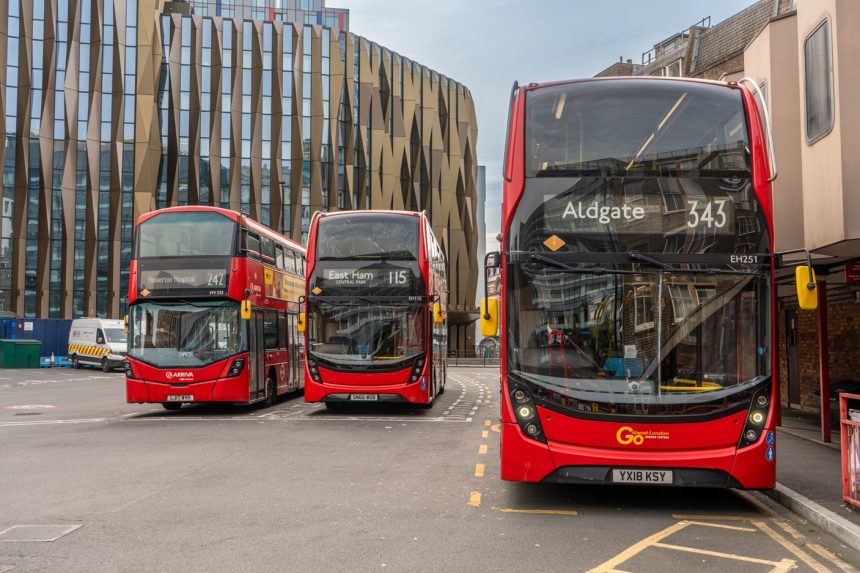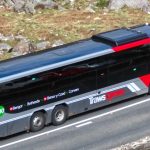Where will future generations of mid-life double-decker buses to deliver home-to-school (H2S) transport on behalf of local authorities come from?
The medium-term answer is simple: Where they usually come from. But the long-term outlook for smaller operators of H2S may get more difficult as fleet electrification by first users takes hold, as succinctly observed by Darren Critchley of Odyssey Coach Sales.
An age-old source of used double-deckers – the London market – is electrifying rapidly. Some SMEs may purchase mid-life electric buses for H2S, particularly those that already have the necessary charging infrastructure by the time that point is reached.
But wider appeal of those vehicles, even for low-mileage work in future decades, is still unlikely to be universal, particularly if remaining battery life is an unknown quantity and chargers would need to be installed.
A rough indicator of how attractive electrics may be to second users could perhaps be drawn from the number of diesel-electric hybrid buses that have found worthwhile second lives: Very few. Component recovery and scrap is hybrids’ most likely fate.
Lothian Buses is another favoured seller of mid-life, high-capacity buses. It is starting its zero-emission journey, although conversely that will not be without significant fruit for the used market and H2S operators as electric succeeds diesel in Edinburgh.
The large groups are similar; they have diesel buses that will not be fully depreciated by the time corporate commitments to zero-emission arrive, and those could be sold at 12-13 years of age. But equally, they could be repowered to battery-electric and retained.
As this industry-wide transition progresses, a reducing number of usable diesel double-deckers will have consequences, not least for the value of those that are available. It is certain that over half of new double-decker registrations are already battery-electric.
Super-high-capacity tri-axle coaches with 3+2 seating could return, although the industry has tried that before. Tri-axles are not always ideal for H2S by dint of their length, but with National Express having moved almost entirely to that format, there will be no shortage of them on the used market in the future.
Alternatively, existing diesel double-deckers will be kept for longer. That is likely to be the optimum solution from an operator’s point of view, particularly as used Euro VI examples filter into the fray.
No emission control zone worries for those (in theory), no need to install charging infrastructure, and at worst, only modest increased costs to pass onto the council.
Diesel has a long-term future in the H2S segment. The likelihood of tendered work in that field making a widespread move to zero-emission without major policy change from local authorities and/or around charging infrastructure is minimal. The issue from 2035 and beyond may well start to become what those services are operated with.



























